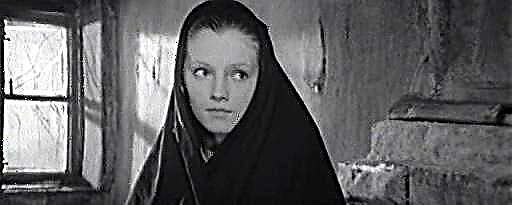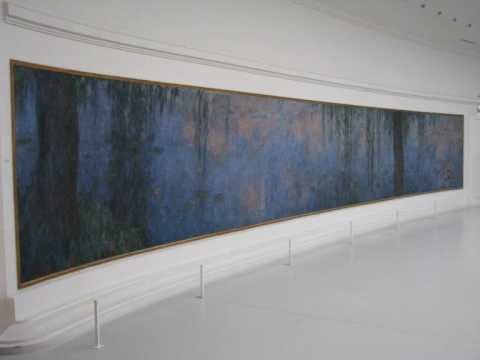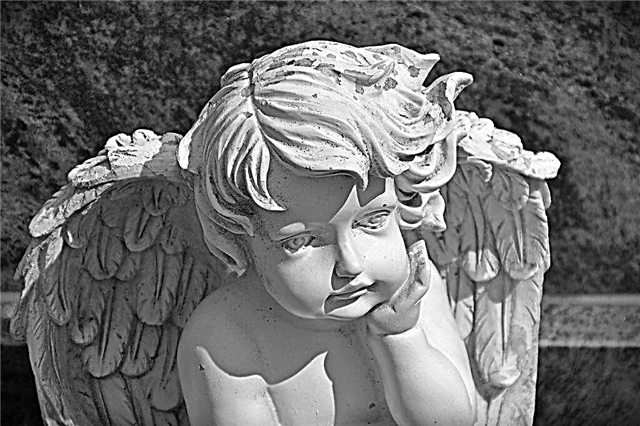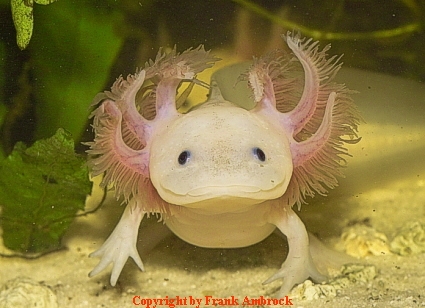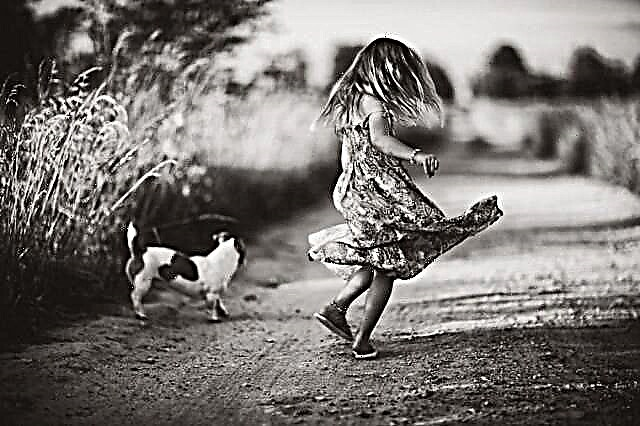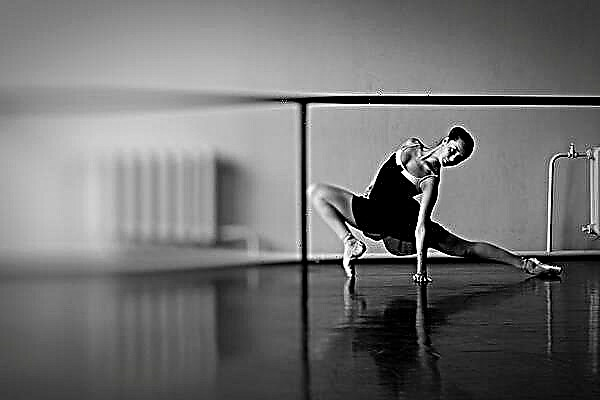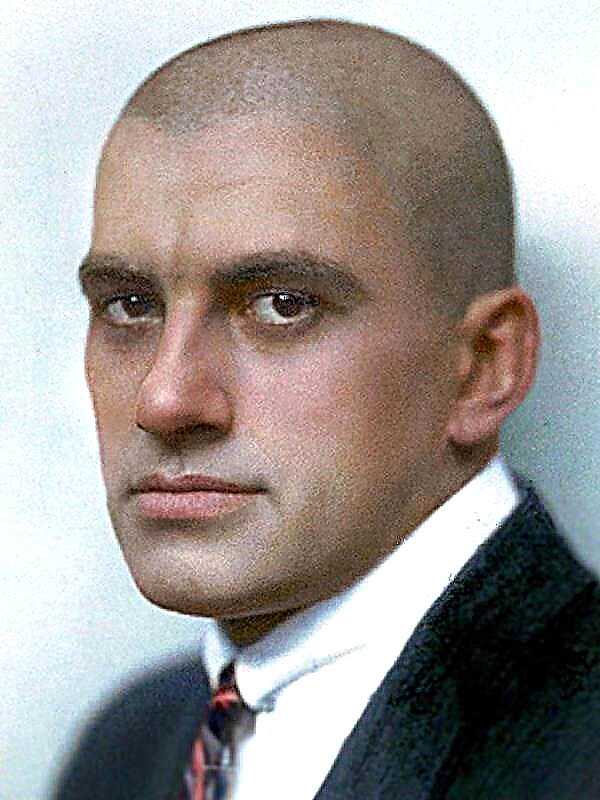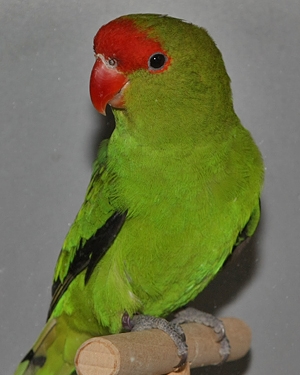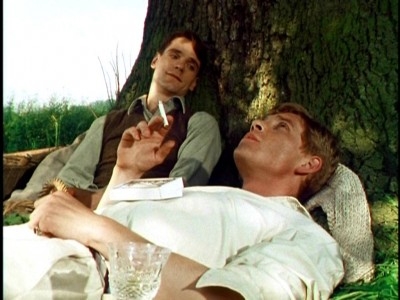A teacher of Russian language and literature in a small provincial town, Sergei Vasilievich Nikitin, is in love with the daughter of a local landowner, Masha Shelestova, who is eighteen years old, who “has not yet been accustomed to consider a family to be a little family” and that’s why her name is Manya and Manyusa, and when the circus visited her, she zealously visited, they began to call her Maria Godfroix. She is a passionate horsewoman, like her father; often with her sister and guests (mostly officers from a regiment located in the city), she goes horseback riding, picking up a special horse for Nikitin, since he is not a good rider. Her sister Varia, twenty-three years old, is much more beautiful than Manyusi. She is smart, educated and, as it were, takes the place of the deceased mother in the house. He calls himself an old maid - that means, the author notes, "I was sure that she would get married." The Shelestov’s house has views of one of the frequent guests, Staff Captain Polyansky, hoping that he will soon make an offer to Vara. Varya is an avid debater. Nikitin annoys her the most. She argues with him on every occasion and answers his objections: “This is old!” or "It's flat!" This is something in common with her father, who, as usual, scolds everyone for his eyes and repeats at the same time: "This is rudeness!"
The main flour of Nikitin is his youthful appearance. No one believes that he is twenty-six years old; the disciples do not respect him, and he himself does not love them. School is bored. He shares an apartment with the teacher of geography and history Ippolit Ippolytich Ryzhitsky, a boring person, "with a rude and unintelligent face, like that of a craftsman, but good-natured." Ryzhitsky constantly says platitudes: “Now May, soon this summer will be real. And summer is not like winter. In winter you need to heat the stove, and in the summer it’s warm without stoves ... ”, etc. In the course of the story, he unexpectedly dies and before his death, delirious, repeats:“ The Volga flows into the Caspian Sea ... Horses eat oats and hay. .. "
Nikitin, in love with Manya, loves everything in the Shelestovs' house. He does not notice the vulgarity of their life. “He didn’t like only the abundance of dogs and cats and Egyptian pigeons who moaned dejectedly in a large cage on the terrace,” however, here Nikitin assures himself that they moan “because they do not know how to express their joy.” As one becomes acquainted with the hero, the reader realizes that Nikitin is already infected with provincial laziness. For example, one of the guests finds out that the literature teacher did not read Lessing. He feels awkward and gives himself the word to read, but forgets about it. All his thoughts are occupied by Manya. Finally, he declares his love and goes to ask Mani for his father’s hands. Father does not mind, but “in a manly way” advises Nikitin to wait: “It’s only the men who get married early, but, as you know, there is rudeness, but why are you? What kind of pleasure to wear shackles on such young years? ”
The wedding took place. Her description is in Nikitin's diary, written in an enthusiastic tone. Everything is fine: a young wife, their inherited home, petty cares for the household, etc. It would seem that the hero is happy. Life with Manya reminds him of "shepherd's idylls." But somehow, by a great post, having returned home after playing cards, he speaks with his wife and finds out that Polyansky transferred to another city. Manya thinks that he did "wrong" without making Varya the expected proposal, and these words unpleasantly hit Nikitin. “So,” he asked, restraining himself, “if I went to your house, then I should definitely marry you?” "Sure. You yourself understand this very well. ”
Nikitin feels trapped. He sees that he did not decide fate himself, but some dumb, extraneous force determined his life. The spring that has begun contrastingly emphasizes the sense of hopelessness that has seized Nikitin. Behind the wall, Varya and Shelestov, who came to visit, have dinner. Varya complains of a headache, and the old man insists on how "the current young people are unreliable and how little gentleness is in them."
“This is rudeness! He said. “So I’ll tell him directly: this is rudeness, Gracious sovereign!”
Nikitin dreams of fleeing to Moscow and writes in his diary: “Where am I, my goodness ?! I am surrounded by vulgarity and vulgarity ... There is nothing worse, offensive, sadder than vulgarity. Run away from here, run away today, otherwise I will lose my mind! ”

